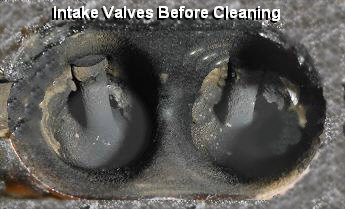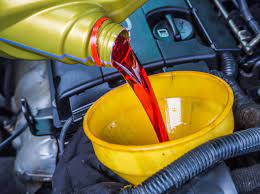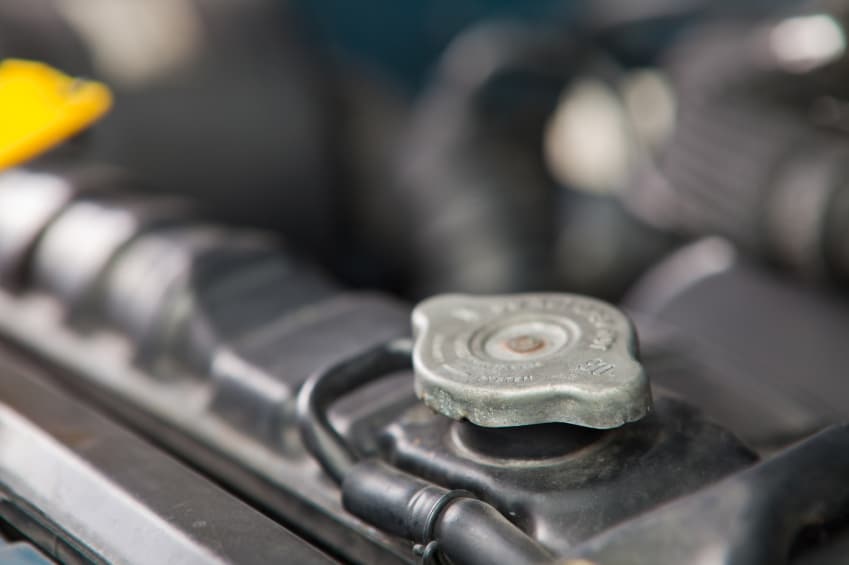Posted on 12/28/2021

Vehicles that have direct injection engines are susceptible to carbon buildup. Direct injection fuel systems do exactly that, they inject the fuel into the combustion chamber vs in the intake manifold behind the valves. Fuel additives that normally clean the intake system and valve train never touch those areas of the engine. The result is carbon build up in the intake system, the valve train and engine. Many GDI engines also are equip with variable valve timing and turbochargers are high failure areas effected by carbon build up. You can perform carbon cleaning maintenance services during regular oil changes to prevent carbon build up and eliminate costly engine repairs. Most vehicles require oil changes at 5,000 or 7,500 mile intervals. Using a GDI additive package with every oil change will eliminate carbon build up. Every 15-20,000 miles a full service carbon cleaning and fuel system service should be performed to properly maintain a GDI engine ... read more
Posted on 5/4/2021

Everyone knows to change your engine oil between 3,000 and 7500 miles depending on the manufacture’s recommended interval. What about your Transmission Fluid? What is the recommended service interval for transmission fluid? Some manufactures recommend 50,000 miles, some say 100,000 miles, some don’t list a recommendation at all. Automatic transmissions have many mechanical moving parts, electronic solenoids, valve bodies, torque converter, and clutches that all wear out. Transmission fluid is the life blood to the transmission and its even red in color, just like blood. Transmission fluid becomes contaminated with clutch material and breaks down from heat caused by different driving conditions. When the transmission fluid becomes contaminated and broken down, it cannot lubricate moving hard parts properly, witch causes more wear and contamination. Transmission replacement or rebuild costs can be upwards of $3,000.00. Changing your transmission f ... read more
Posted on 2/1/2021

At Finzels Mastertech we get asked all the time, "Whats the best way to warm up my vehicle". Your vehicle will actually reach operating temperature faster by driving it verse letting it idle in the driveway. When your vehicles thermostat is working properly and your antifreeze protection level is set to -34' or a 50/50 mixture, your vehicles heating system works at its best. Your vehicle uses the heater core as a bypass, the warmest antifreeze is sent to the heater core. That means that until your vehicles engine temperature reaches 195', your heater doesn't work to its fullest potential. Driving the vehicle under a load gets the engine temp up quicker. Without the added load of driving, the extended idle time needed to get the engine to 195' just wastes fuel. Of course in extreme low temperatures its good to give it a few minutes (2-5) to get things loosened up, meaning hydraulic fluids like transmission fluid and power steering fluid. In cold ... read more